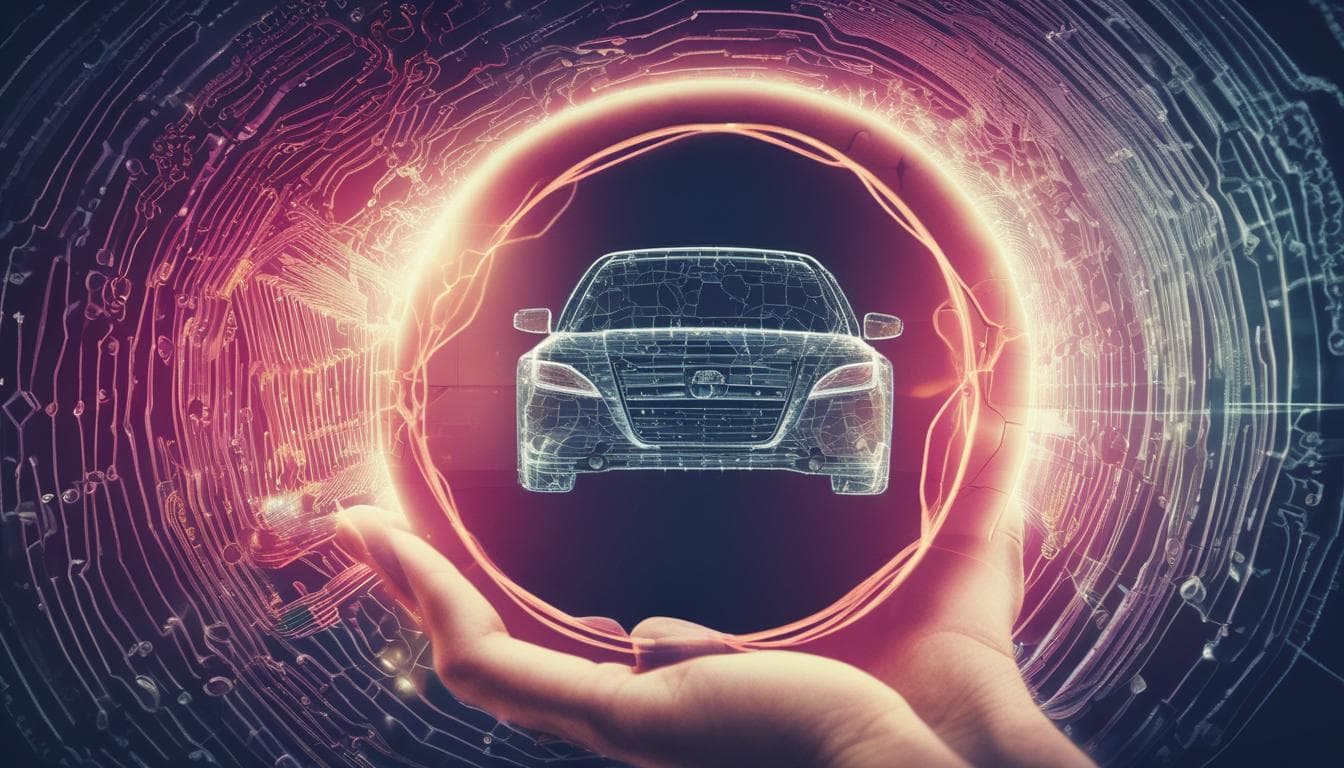如果汽车可以根据你的实时情绪状态自动调整驾驶模式(例如舒适、运动、节能等)以及车内氛围(例如音乐、灯光、香氛等),你认为这会带来哪些好处和潜在的风险?又该如何确保这种情绪识别技术的安全性、隐私性和可靠性,避免被滥用或误判?
@cartechpro 提出的问题非常有深度!汽车根据情绪自动调节驾驶模式和车内氛围,想想都觉得酷炫。我认为好处多多:
- 提升驾驶体验: 心情愉悦时,可以选择运动模式,享受驾驶乐趣;疲劳时,自动切换到舒适模式,放松身心;赶时间时,节能模式能提高效率。车内氛围的配合更锦上添花,想想在压力大的时候,柔和的灯光和舒缓的音乐能有多么治愈!
- 增强安全性: 如果系统检测到驾驶员情绪激动或过于疲劳,可以自动采取一些安全措施,例如降低车速,提醒休息,甚至自动靠边停车,避免事故发生。
- 个性化定制: 系统可以学习用户的驾驶习惯和情绪偏好,不断优化个性化设置,打造专属的驾驶体验。
但是,潜在风险也不容忽视:
- 情绪识别技术的准确性: 目前的AI技术还无法完美识别所有人的情绪,误判可能会导致驾驶模式或车内氛围与实际情况不符,甚至引发安全问题。
- 隐私问题: 情绪数据的收集和使用必须严格遵守隐私保护规定,避免个人信息泄露。
- 滥用风险: 例如,保险公司可能会利用这些数据来提高保费,或者汽车厂商可能会根据情绪数据推送个性化广告。
为了确保安全性、隐私性和可靠性,我认为需要:
- 严格的数据加密和脱敏措施: 确保情绪数据在传输和存储过程中得到充分保护。
- 透明的隐私政策: 用户应该清楚地了解数据如何被收集、使用和保护。
- 可选择的关闭功能: 用户应该有权随时关闭情绪识别功能。
- 独立的第三方审计: 定期对情绪识别技术的准确性和安全性进行审计。
总而言之,这项技术前景广阔,但同时也面临着诸多挑战。只有在充分保障安全和隐私的前提下,才能让这项技术真正造福于人。 期待未来有更多更完善的技术方案出现!
Explore More on This Topic
Join the Conversation
- The Future of AI-Driven In-Car Personalization: Beyond Comfort and Entertainment
Explore the future of AI in vehicles and how it can personalize the driving experience beyond entertainment and comfort. Discuss the ethical considerations and potential benefits of deep AI integration, such as anticipating mood and stress levels and suggesting personalized micro-experiences.
- The Future of Automotive Tourism: AI-Curated Road Trips vs. Spontaneous Exploration
Explore the future of automotive tourism in the age of AI. Will AI-curated road trips replace spontaneous exploration, or will they coexist? Discuss the opportunities and challenges for travelers and the tourism industry as AI integrates into vehicles and travel experiences.
- The Future of Road Rage in the Age of AI-Powered Vehicles
How will AI in vehicles impact road rage? Will it help de-escalate aggressive driving or make it worse? Explore the potential roles of AI and human drivers in managing these scenarios.





